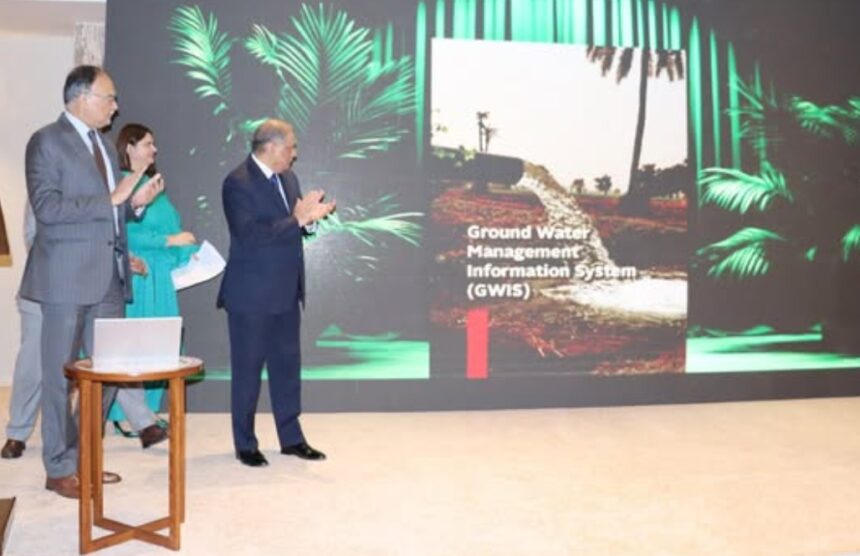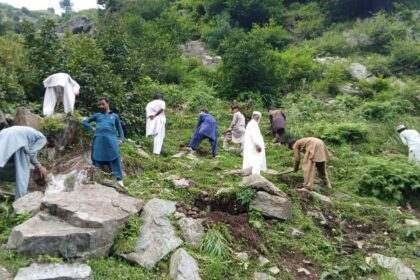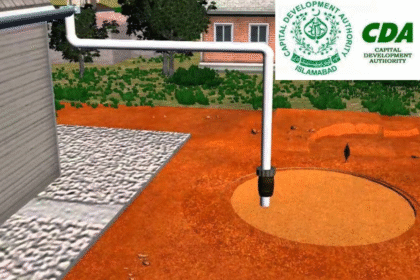**Pakistan Calls for Greater Climate Justice as Country Faces Severe Threats Despite Low Emissions**
Pakistan has renewed its call for climate justice on the global stage, highlighting that despite contributing less than 1% to global carbon emissions, it remains among the nations most vulnerable to the devastating impacts of climate change. Federal Minister for Planning, Development and Special Initiatives, Professor Ahsan Iqbal, emphasized the urgent need for developed countries to do more to support countries bearing the brunt of environmental disasters.
Speaking at a high-level policy dialogue in Islamabad organized by Care for South Asia and focused on practical steps for environmental protection, Minister Iqbal noted that Pakistan is home to over 7,000 glaciers, the largest concentration outside the polar regions. He warned that these glaciers are melting rapidly, posing significant threats to water reserves, agricultural productivity, energy systems, and food security. In particular, he pointed out that the Indus River system, which supports 90% of Pakistan’s agricultural output, is under severe strain due to changing climatic patterns.
Recalling the catastrophic floods of 2022 as a stark example of climate change’s toll, Iqbal underlined the immense human, economic, and infrastructural losses suffered by Pakistan. He argued that climate finance should not be seen as charity but rather as a matter of justice and equity for countries that have contributed least to the global crisis but face its most severe effects.
“Historically, the Global South has always been asked to ‘do more’. Now the time has come for the Global North to ‘do more’ for climate justice,” Iqbal stated.
The minister pressed developed nations to deliver on climate commitments, including the pledge of $100 billion in annual funding for vulnerable countries. He appealed for enhanced financial, technical, and institutional support to help countries like Pakistan mitigate and adapt to the impacts of climate change.
Iqbal also highlighted that the current Pakistani government regards climate change as a critical component of its national development strategy. He outlined the government’s adoption of the “5Es Framework” to ensure integrated policy, planning, and institutional responses to environmental challenges.
Concluding his remarks, the federal minister urged the international community to fulfill its responsibility in ensuring climate justice, paving the way for a sustainable and secure future for all.











